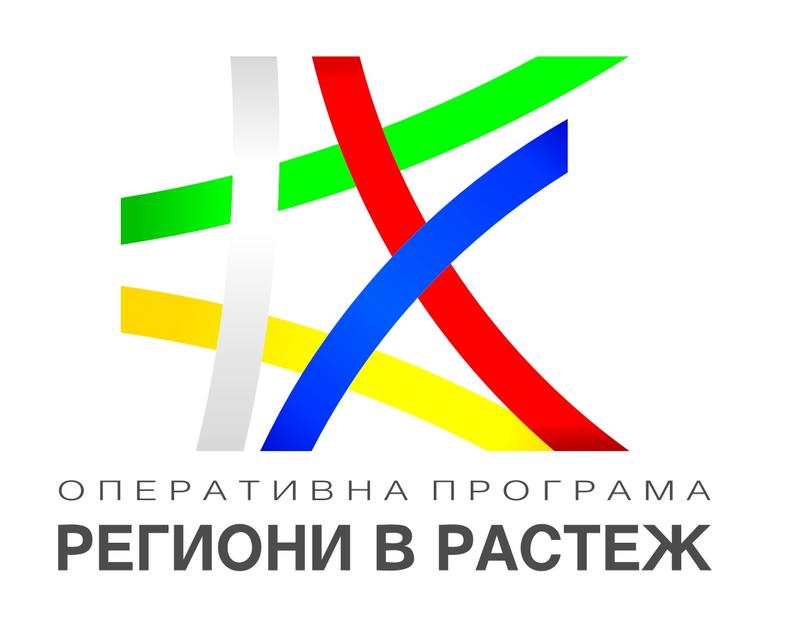European funding will be used to upgrade the road network from Burgas to the border with Turkey
European funding will be used to upgrade the road network from Burgas to the border with Turkey
By Ministry of Regional Development and Public Works
On a regional basis, the MRDPW is financing a pilot integrated connectivity project in Southeast Bulgaria
Three institutions are partnering on a pilot initiative to improve network transport connectivity in the South East region of the country with funding from the Operational Programme “Regions in Growth” 2014-2020 managed by the Ministry of Regional Development and Public Works.
Road Infrastructure Agency, Municipality of Burgas and Southeast State Enterprise - Burgas. They will use them for road design and construction. For this purpose, the government approved an amendment to the measure “Regional roads” under priority axis 7 “Regional road infrastructure” of the program, which gives the green light for the implementation of the large-scale project. It will also apply for funding from the Development of Regions Programme 2021-2027.
The Road Infrastructure Agency, Burgas Municipality and the Southeast State Enterprise - the city of Sliven will receive over 42.3 million leva, which they will use for the design and construction of roads. For this purpose, the government approved an amendment to the measure “Regional Roads” under priority axis 7 “Regional Road Infrastructure” of the program, which gives the “green light” for the implementation of the large-scale project. It will also apply for funding from the Regional Development Program 2021-2027.
It is planned that RIA will carry out full design and survey works for the major repair and widening of a total of 112 km of the second-class road Burgas - Marinka - Sozopol - Primorsko - Tsarevo - Malko Tarnovo - border with the Republic of Turkey. Burgas Municipality, as a partner in the project, will have the opportunity to renovate existing municipal roads along the route
Southeastern State Enterprise - gr. Sliven will use the EU funds for major and current repairs, as well as for the construction, reconstruction and rehabilitation of forest roads in the Strandzha region, part of which are also used for servicing the engineering facility of obstructive type along the Bulgarian-Turkish border. This will also support the state control bodies in their functions of protection and surveillance of the state border, which will have better and safer access than the current forest roads.
The implementation of the pilot project will improve the connectivity of the secondary and tertiary road network in Burgas region with the Trans-European Transport Network. It will also support the population, especially in remote and border areas, and at the same time provide support for the implementation of measures to control and prevent increased migratory pressure and to protect the external border of the European Union. The project will also improve the safety of the road infrastructure at regional level and contribute to unlocking the potential of border areas, developing the economy, creating sustainable links and accelerating regional cohesion, including for the purpose of improving cooperation to strengthen the international border between Bulgaria and Turkey and protecting the external borders of the European Union.
Through the 2014-2020 OPRG, the Ministry of Regional Development and Public Works has focused its support on first, second and third class roads, including in border regions, which provide opportunities for the development of the region's specific economic potential, such as on secondary and tertiary road junctions with the TEN-T network. Particularly worrying is the state of third class roads, including in border regions, which represent 2/3 of the national road network and serve to distribute traffic in the country by providing access to higher class roads and the TEN-T network. Improving their safety will contribute to the development of tourism and access to administrative, health, educational and cultural facilities, as well as to cultural and natural heritage sites. The country's transport network is mainly made up of lower class roads. At present, a large part of it, especially the second and third class roads, is adapted for a load of only up to 10 t/axle and does not meet the European requirements, which is one of the reasons for the higher load on the higher class roads.
The amended Guidelines for application under procedure BG16RFOP001-7.001 “Regional roads” under Priority Axis 7 “Regional road infrastructure” of OPRG 2014-2020 can be found on the website of the MRDPW.




